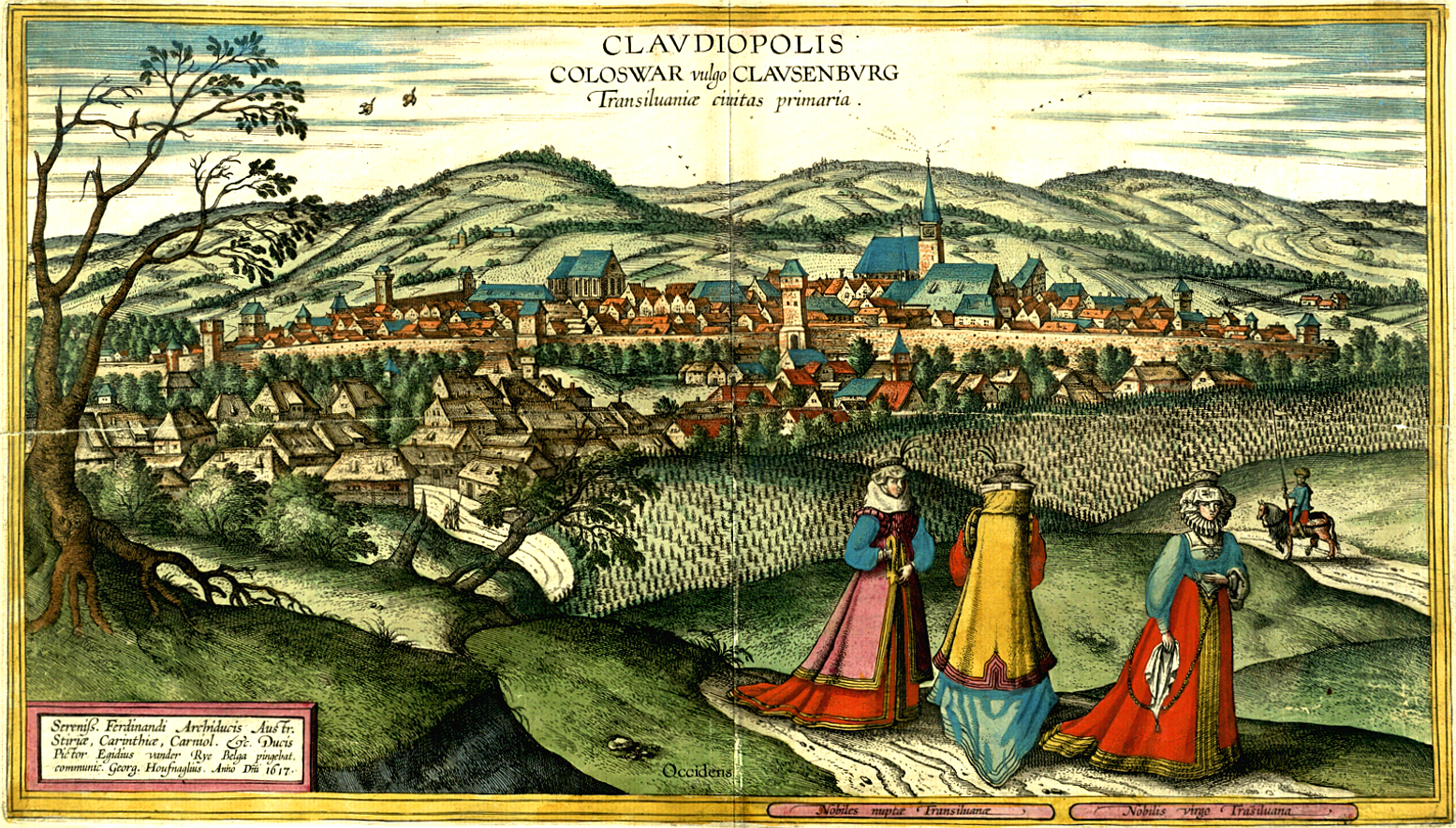Cluj-Napoca
 Cluj-Napoca ( ; ), or simply Cluj ( , ), is a city in northwestern Romania. It is the second-most populous city in the country and the seat of Cluj County. Geographically, it is roughly equidistant from Bucharest (), Budapest () and Belgrade (). Located in the Someșul Mic river valley, the city is considered the unofficial capital of the historical province of Transylvania. For some decades prior to the Austro-Hungarian Compromise of 1867, it was the official capital of the Grand Principality of Transylvania.
Cluj-Napoca ( ; ), or simply Cluj ( , ), is a city in northwestern Romania. It is the second-most populous city in the country and the seat of Cluj County. Geographically, it is roughly equidistant from Bucharest (), Budapest () and Belgrade (). Located in the Someșul Mic river valley, the city is considered the unofficial capital of the historical province of Transylvania. For some decades prior to the Austro-Hungarian Compromise of 1867, it was the official capital of the Grand Principality of Transylvania., 286,598 inhabitants live in the city. The Cluj-Napoca metropolitan area had a population of 411,379 people, while the population of the peri-urban area is approximately 420,000. According to a 2007 estimate, the city hosted an average population of over 20,000 students and other non-residents each year from 2004 to 2007. The city spreads out from St. Michael's Church in Unirii Square, built in the 14th century and named after the Archangel Michael, Cluj's patron saint. The municipality covers an area of .
Cluj experienced a decade of decline during the 1990s, its international reputation suffering from the policies of its mayor at the time, Gheorghe Funar. In the early 21st century, the city is one of the most important academic, cultural, industrial and business centres in Romania. Among other institutions, it hosts the country's largest university, Babeș-Bolyai University, with its botanical garden, nationally renowned cultural institutions such as the National Theatre and Opera, as well as the largest Romanian-owned commercial bank. Cluj-Napoca held the titles of European Youth Capital in 2015, and European City of Sport in 2018. In 2021, the city joined the UNESCO Creative Cities Network and was named a UNESCO City of Film. Provided by Wikipedia